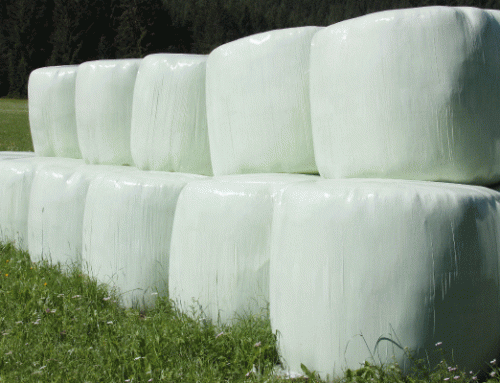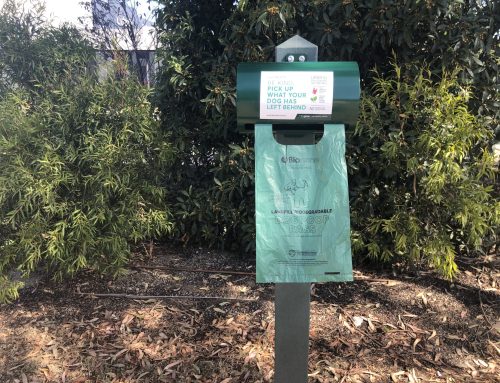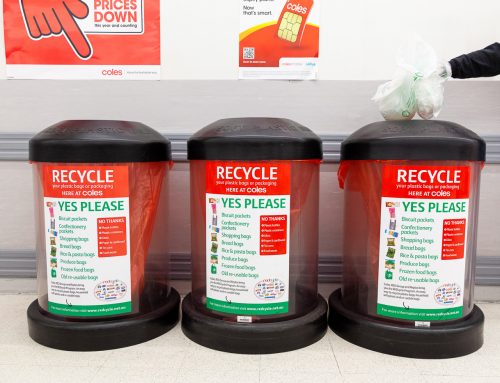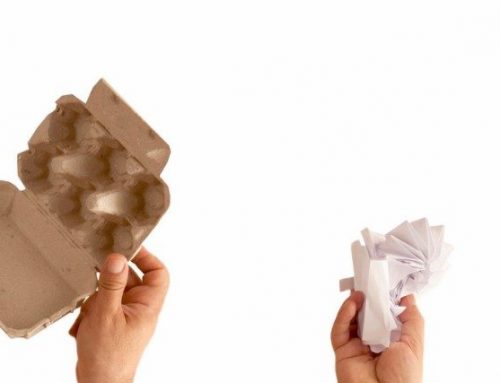Midway through 2020, the European Union passed a tax of €0.80 (about $1.00) per kilogram on nonrecycled plastic packaging waste, effective January 1 of this year. At the time it was heralded as a win for the recycling industry and environmentalists.
The legislation enables individual countries to decide whether to implement plastics taxes of their own to recover the levies paid to the EU. Meanwhile some governments at the moment have opted to pay the tax to the EU out of their own pockets.
But these taxes may be hard for consumers to swallow, particularly as COVID continues to rage throughout Europe. C&EN reports that IHS Markit director of polyolefins for Europe, the Middle East, and Africa Kaushik Mitra, did an analysis of the tax that assumed a 42 per cent recycling rate for Europe and that the tax would be broadly enforced.
He found it would increase the cost of plastic packaging by 20–60 per cent and the cost of consumer goods by 3–8 per cent—amounts that consumers “are unlikely to accept.”
More likely consumers won’t notice a 3% price increase. And the benefit they get from not having their environment polluted with plastic would be well worth it.






